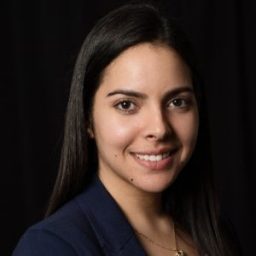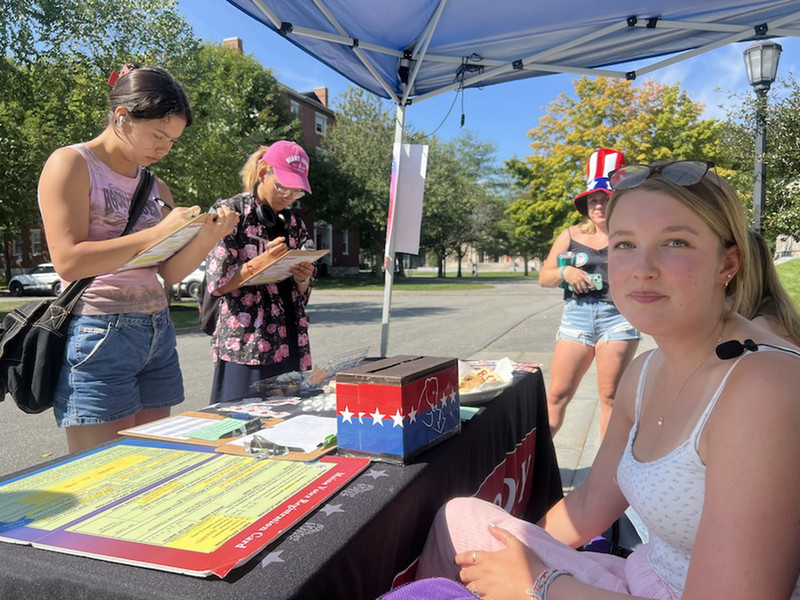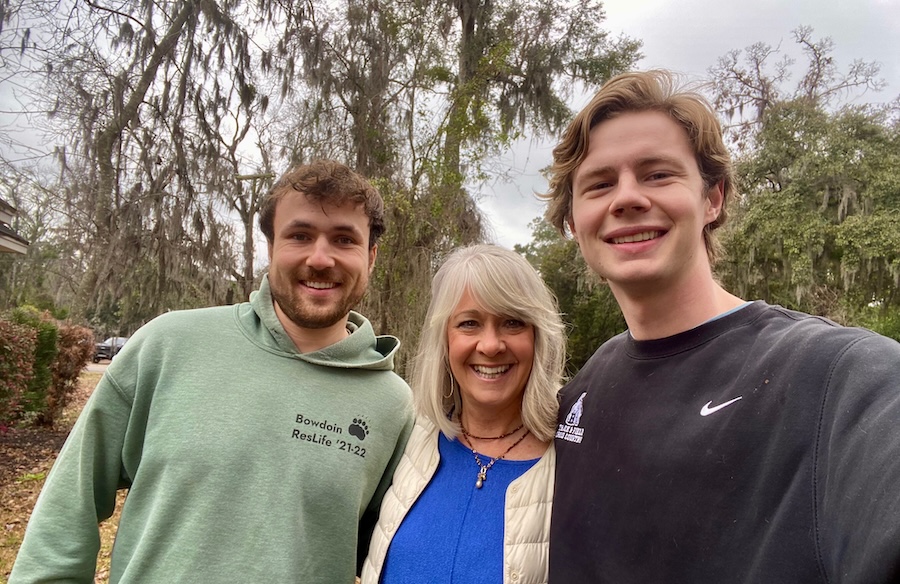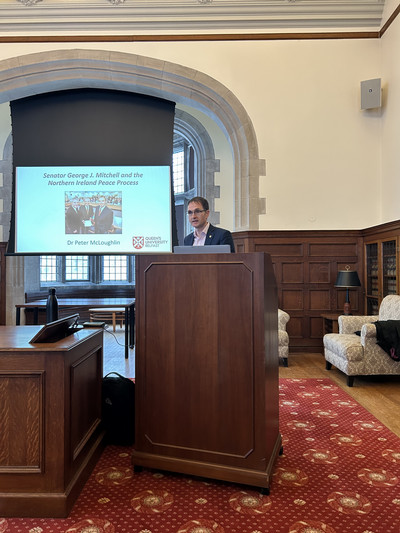Five Years Out: College-access Champion Zully Bosques ’11
By Rebecca Goldfine
Zulmarie “Zully” Bosques was so grateful to her high school guidance counselor who steered her to Bowdoin that she felt, upon graduating, that it was practically compulsory that she, too, extend her hand to another young person.
Bosques’ counselor, Courtney Pinto, was with her every step of the way as she navigated the college application process, according to Bosques. Pinto even covered her traveling costs when she visited college campuses. Bosques, who was valedictorian of her H.S. class, is the daughter of Puerto Rican immigrants and the first in her family to attend college.
“My mentor, Ms. Pinto, a woman who changed my life, reminded me of the pay-it-forward mentality. She made me understand I was gifted a four-year education at Bowdoin, virtually loan free,” Bosques said. “I graduated with minimal loans. There was a moment in my senior year when I knew I had to give back, and I wanted to do a year of service.” (In 2008, a year after Bosques was admitted to Bowdoin, the College eliminated all loans for students receiving financial aid.)
After Bowdoin, Bosques started a job as a yearlong fellow at Urban Prep Academies, a network of prestigious all-male charter schools in Chicago. She worked at the Bronzeville campus, in the South Side of Chicago, which has a mostly African American student body. Bosques mentored and tutored 30 freshmen and taught a class on life skills. Her nickname among staff was “Firecracker.” A year later, Urban Prep hired Bosques to be a fulltime college counselor, a job she held until 2014.
“It was a good two years,” Bosques reflected. “I learned what advocacy means and how you do that on behalf of someone. How do you help a student who knows poverty, who knows gangs, craft a college essay to convince a college that this student needs to be at your school and is very deserving?”
Coming from a disadvantaged background, Bosques related to the students she was helping. She grew up in Camden, N.J., which is where her parents settled after moving to the US to be close to a relative living there. “I don’t think my parents understood or knew the ramifications of living in Camden, with the violence and poverty,” she said.
When Bosques first arrived at Bowdoin, she went through a painful period of acclimatization. “Using the word adjustment is an understatement,” she said, describing nights of crying herself to sleep.
But by senior year, she was an integral part of campus life. Bosques joined Residential Life and was involved in the Women’s Resource Center. She led an alternative spring break trip to Guatemala. Majoring in Spanish and political science, she received a Latin American Student Research Grant, and she received the Henni Friedlander Student Prize, given to students who have overcome significant adversity and gone on to make a significant contribution to the common good.
“By senior year, it was hard to part with the school,” she admitted. “I have had a love-hate relationship with Bowdoin but now I am a walking Bowdoin ad. I am a huge advocate.” She says the school transformed her life, and helped her make her aware of who she was and what she was capable of.
Though she hadn’t intended to become a college counselor, Bosques said she stayed at Urban Prep after falling in love with the students and the school. “I wanted to fix all the problems, and I got motivated by the issues my students were facing,” she said. “You are on the front lines of inner-city education.” Plus, she added, “I believe everyone should have the opportunity, that door to a four-year college.”
In addition, as she got to know the school better, she became fascinated by organizations and how they are run, and by education policy. She left her job in 2014 to get a master’s degree at the University of Chicago School of Social Service Administration. She graduated in June and recently accepted a new job as program manager with iMentor, an organization that builds mentoring relationships that “empower students from low-income communities to graduate high school, succeed in college, and achieve their ambitions,” according to its website. Bosques’ longterm goal is to run an organization.
Wherever she works, however, Bosques said she has to believe wholly in its mission. “I can’t see myself where I’m not making an impact,” she said.



